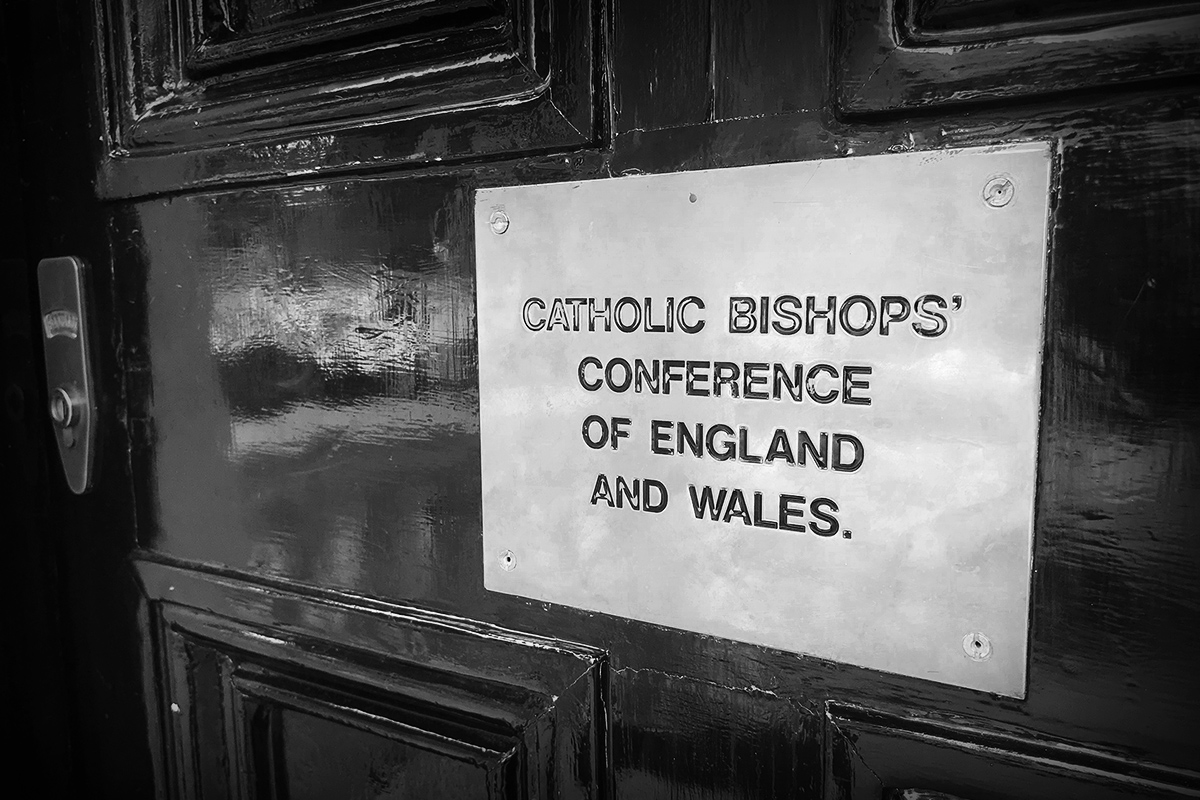
Nine leaders from six major British faith groups join together in unprecedented stand against assisted suicide and euthanasia
In an unprecedented move, nine leading figures from the six major faith groups in the UK have joined forces to give a serious warning about any proposed change in the law to allow assisted suicide and voluntary euthanasia. The action comes just a few days before the high profile debate in the House of Lords on the Select Committee report on Lord Joffe’s Assisted Dying for the Terminally Ill Bill, on 10 October.
The nine leaders, representing many millions of adherents, today published an open letter – signed by them all – that will be sent to all members of both Houses of Parliament later today.
The religious leaders remind Parliament that legalising assisted suicide and voluntary euthanasia would radically alter the moral basis of our society by severely undermining respect for life. They collectively re-affirm their belief in the sanctity of human life which is underpinned by rapid advances in palliative care. These mean that suffering can be minimised – the arguments put forward by the pro-euthanasia lobby that assisted suicide is necessary to ease the sufferings of the terminally ill therefore lack any credible scientific evidence.
The leaders also stress the opposition of the vast majority of medical professionals, including GPs, to any change in the law on intentional killing. They point to the serious problems being faced by countries that have legalised euthanasia or assisted suicide. In the Netherlands, 1 in 32 deaths now involves some element of legal or illegal euthanasia; a similar law in the UK could lead to 13,000 deaths a year. Furthermore Dutch pro-euthanasia groups are now campaigning for further relaxations, for example to include people suffering from dementia. They conclude with a warning that the so-called ‘right to die’ would inexorably become the duty to die and potentially economic pressures and convenience would come to dominate decision-making.
Welcoming the letter, the Rt Revd Christopher Herbert, Bishop of St Albans, said, “As a member of the House of Lords Select Committee I warmly welcome the stance taken by leaders of the faith communities in our country. It indicates the gravity and breadth of concern felt by many in the country about the possible Bill, a concern which deserves to be taken with the utmost seriousness.”
Joint Letter: Faith Leaders on Euthanasia – October 2005
The open letter to Members of both Houses of Parliament was personally signed by:
Bimal Krishna das
National Council of Hindu Temples (UK)
Sheikh Dr M.A. Zaki Badawi
Joel Edwards
General Director
Evangelical Alliance
The Rt Revd Tom Butler
Bishop of Southwark
Church of England
The Mt Rev Peter Smith
Archbishop of Cardiff
Catholic Church in England and Wales
Sir Jonathan Sacks
The Chief Rabbi
His Eminence Archbishop Gregorios of Thyateira and Great Britain
Lama Jampa Thaye
Spiritual Director of the Dechen Community
Dr Indarjit Singh
Director Network of Sikh Organisations
a) The present legal position: the Suicide Act of 1961 decriminalised suicide. It did not legalise it – the distinction is important. Decriminalisation simply meant that criminal proceedings would no longer be taken against people who had attempted suicide. But suicide remains illegal, and therefore aiding and abetting it is also illegal, carrying a maximum sentence of 14 years imprisonment.
Euthanasia (defined as taking action to end someone’s life for compassionate reasons) is also illegal. Because it constitutes a breach of the law forbidding intentional killing, it is classed as murder and carries a maximum sentence on conviction of life imprisonment.
b) The Royal College of General Practitioners (RCGP) has decided, after internal consultation, to reverse its neutral stance on Lord Joffe’s Bill to one of advocating no change in the current law. The RCGP announced this change of view on 21 September 2005.